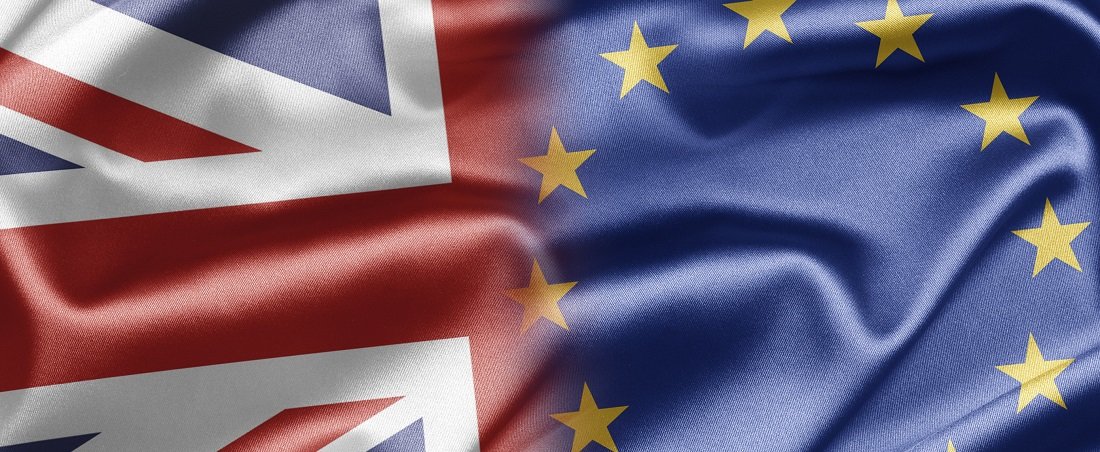I find it a relief to turn on the early morning radio and hear about shenanigans in Panama, or Justin Welby’s parentage: anything except another ya-boo story about the EU referendum.
The BBC strives valiantly for balance, but tends to achieve it by matching the interviewee who says that the world is round by having someone else on who says it is flat. All (or most) of us know that the world is round. It is harder to pick one’s way through the EU claims and counter claims.
The newspapers are not obliged to make the same effort as the BBC. At the time of the 1975 referendum most of the British Press was passionately for staying in. But do the Press lead, or follow, their readership? Recent polling suggests that over 90% of Guardian readers will vote to remain. More than 70% of the readers of The Sun, The Daily Mail and the Daily Express, on the other hand, will vote to leave. Daily Telegraph readers too will, on present intentions, vote to leave, albeit by a slightly narrower margin. Readers of The Times are, by a significant majority, in favour of remaining in and, for now at least the paper’s owner, Rupert Murdoch, is allowing the paper an editorial discretion that appears to reflect the views of the readership.
It follows, unsurprisingly, that, according to the polling evidence, people in the AB and C1 social class are in favour of remaining. As you go through the alphabet to C2 and DE, the balance tilts the other way. Those with A levels and university degrees are more likely to vote to remain than those with GCSEs or less. Labour supporters appear significantly to support staying in, as do supporters of the SNP, the Green Party and the Lib Dems. More than half of Conservative supporters would vote to leave.
Regionally, London, Scotland, N Ireland and Wales are likely to vote to remain. The English regions are divided. Given the preponderance of Labour supporters who support staying in, the issue of turnout among Labour supporters in Labour-leaning areas becomes crucial to the outcome.
The other critical factor is age. Over 60% of the over 60s would vote to leave, as would 55% of those between 50 and 60; and 52% of those between 40 and 49. Of those between 30 and 39, 62% would vote to remain. 73% of those between 18 and 29 would vote to stay in. If they vote at all. Since the over 60s are the group most committed to voting and the under 30s the least likely to vote, turnout is the biggest unknown and the biggest swing factor in determining the result. If turnout remains at one current estimate of around 40%, then that will favour the ‘leave’ campaign.
Last week’s Dutch referendum was about an Association Agreement between the EU and Ukraine. The threshold to validate the referendum was 30% and was just exceeded, but with a majority rejecting the agreement of two thirds. So an overwhelming rejection – but by only 14% of the total population (2.5 million who voted, out of a population of 17.5 million). The high abstention rate seems to have reflected, in part at least, a conscious decision by voters on both sides of the argument not to give the whole political stunt credibility. But the result stands. It is not legally binding. Nor would the referendum result here be legally binding. But it will be politically binding and will dictate the Government’s future course.
At a gig I did here in London last week, I met a senior American Federal Judge who said that he saw parallels between the referendum campaign here and the primary campaign in the US. For him, much of the Republican contest was being fuelled by voter anger and that anger focussed on immigration. Immigration, and the huge social change that has accompanied it, has altered the face of Dutch politics. In a country that was the poster-boy for European integration three decades ago, a vote such as we saw last week would have been unthinkable.
If the judge is right, then a vote to leave the EU may well be motivated by the desire to regain control of immigration. My one-time boss, former Foreign Secretary Lord Owen, one of the leading pro-European rebels in the massively anti-European Labour Party of the 1970s, is on the ‘Leave’ side now, with immigration as one of the factors that has led to his change of heart.
So, if a majority of British voters vote in June to leave the EU, and with immigration as a prime motivator of their vote, then it will be impossible for the British Government to negotiate with the rest of the EU the kind of post-membership agreement which (as for Norway) would give the UK full access to the single market, for that single market is one in which goods, services, capital and people circulate freely. And I see no prospect of Britain being allowed to benefit from the first three of the freedoms without also signing up for the fourth. That in turn would mean that we would be compelled, instead, to negotiate some kind of free trade deal. But even the best of those (the EU/Canada one is frequently cited) would be most unlikely to give us full freedom of access for our services, and certainly would not give us the passporting for financial services which the City now enjoys.
So, here is one fact amid all the speculation: if the British people vote to leave in order to stop EU freedom of movement, they will also be voting for certain damage to the most significant sector of our economy. No such thing as a free lunch.

